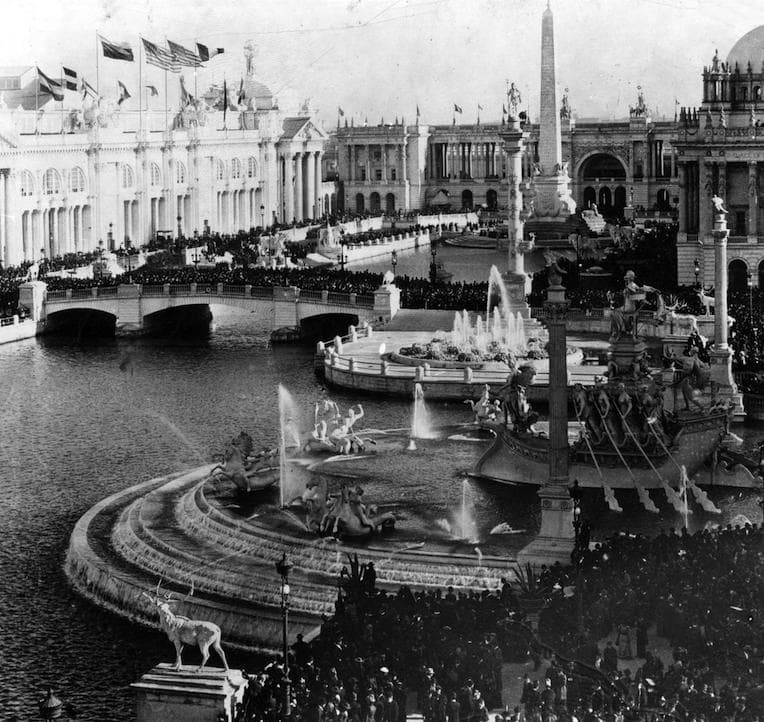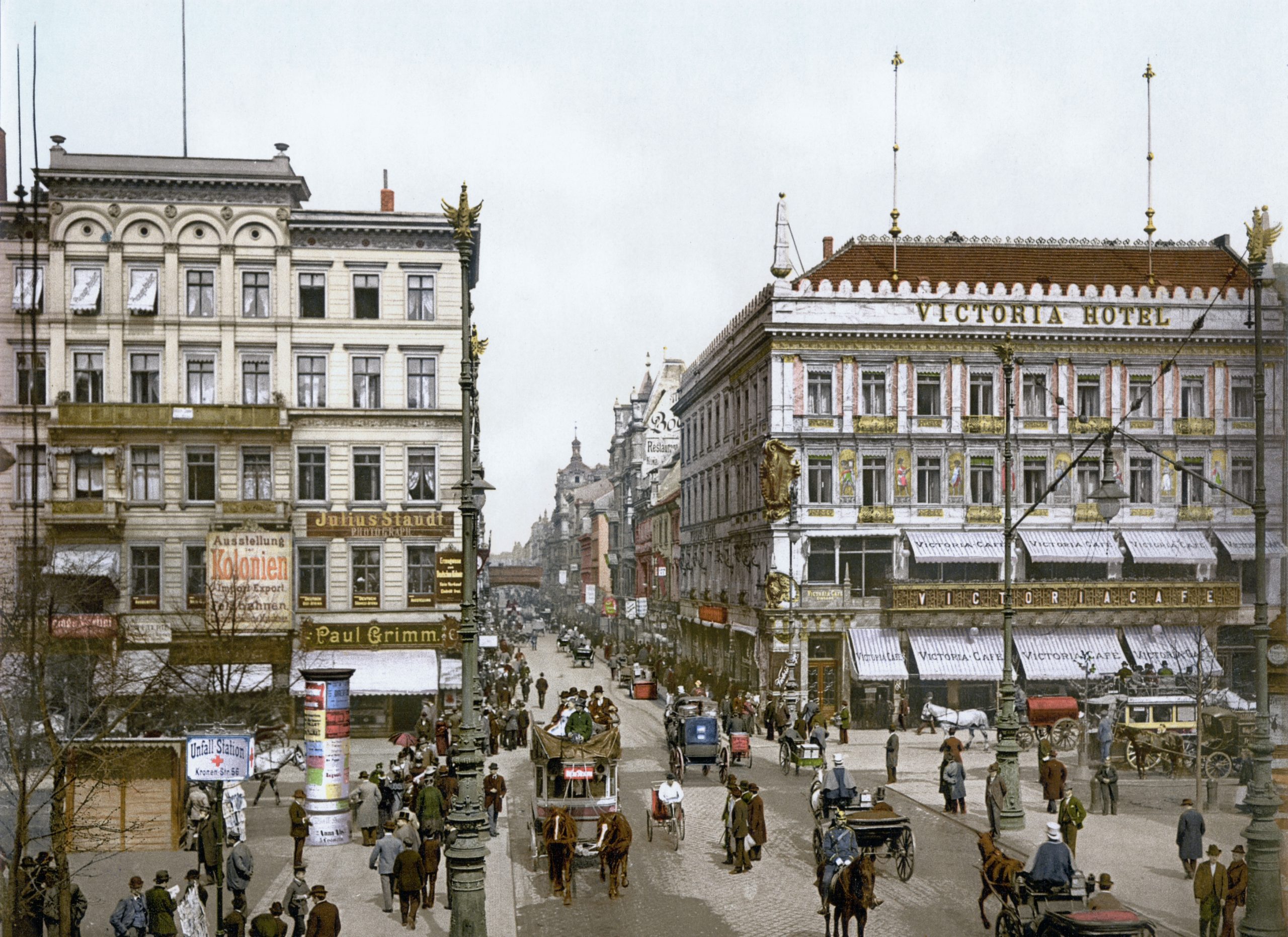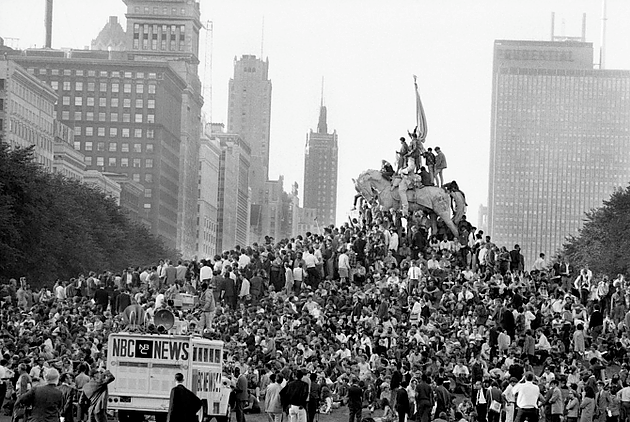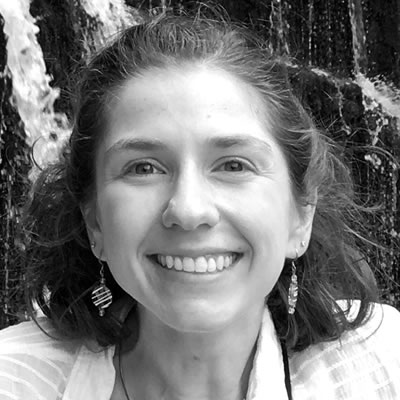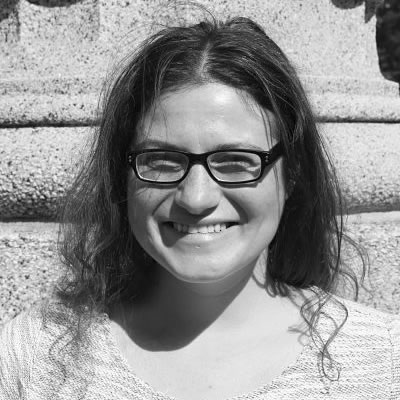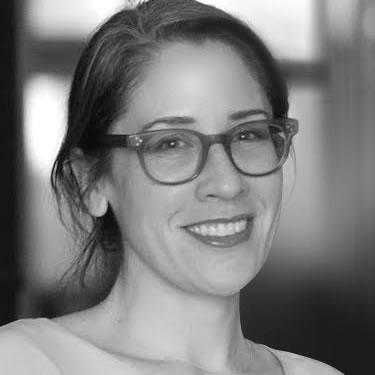As a student at North Central College I have had class with some excellent professors over the last two years. Being a history major, I felt it would be appropriate to sit down with one of my professors and mentor, Dr. Ann Durkin Keating, to discuss the study and presentation of Chicago’s history. How do we learn about history and tell the story? What is missing, and what is for the future of studying Chicago history? Below you will see several of the questions and answers we discussed in our conversation.
Dr. Ann Durkin Keating has been lauded for her scholarship of urban history. She teaches classes in the Urban & Suburban Studies Program at North Central University. She is also co-editor of The Encyclopedia of Chicago, which is like the Bible of Chicago history. Her books include Chicago Neighborhoods and Suburbs: A Historical Guide, Building Chicago: Suburban Developers and the Creation of a Divided Metropolis, and Chicagoland: City and Suburbs in the Railroad Age.

Q: Have there been any recent discoveries in Chicago history that have changed how Chicago history is viewed? Is the history of Chicago told differently than it was in the past?
Keating: A couple years ago the Chicago History Museum did an exhibit, Out in Chicago, about the LGBT community. This was a great exhibition as it interviewed people in the community, brought together artifacts and stories to paint the picture of their life. This exhibit was very popular.
Books such as Dominic Pacyga’s Chicago: A Biography is very popular because it is a one volume history of Chicago. His work shows where the holes are in historical research and provides a complete understanding of Chicago’s history. There is a real disconnect between academic and popular historians and between them there are specific topics that are always covered. Academic historians have generally focused on race and suburbanization while popular historians have written about crime sports and politics.
Q: What are some of the valuable resources available to researchers, historians and students studying Chicago history? How have research methods changed?
Keating: Historians have really benefited from the digitization of sources into electronic databases. The Historical Chicago Tribune, Chicago Foreign Language Press and Chicago Defender newspapers have been digitized and put in searchable databases. Historians and students have also benefited greatly from the release of the Encyclopedia of Chicago. And other interactive resources from the Chicago History Museum, such as their interactive map of the Chicago fire. Those doing historic research still use the same sources, but in different ways. Primary sources are the main way in which research is done, but now it is possible to go both to the archive and access them from the computer.
While there have been many pluses for researchers, there have also been minuses. Although the amount of resources online has increased we have seen a decrease in the amount of hours archives are open to the public. The Chicago History Museum has been lowering their hours and now have extremely limited hours for their research center. On the other hand the public libraries, like Harold Washington have kept their newspaper and special collections open a fair amount to the public despite the decreased amount of funding. They have really worked to maintain their availability to the public.
Q: When looking at what is available about Chicago, are there events that you wish were covered or research that has been done that should be revisited or expanded on?
Keating: I would really like to see a second edition of the Encyclopedia of Chicago because it is a very valuable source. I would also like to see Rima Schultz’s book Women Building Chicago become digitized at some point in time. There is an infinite list of topics, but I would really like to see more work done on the twentieth century as there is a wealth of information yet to be written about. I would even like to see more written about the nineteenth century and making connections between what has occurred in both of the last centuries.
~Brian Failing: Research & Collections Intern

